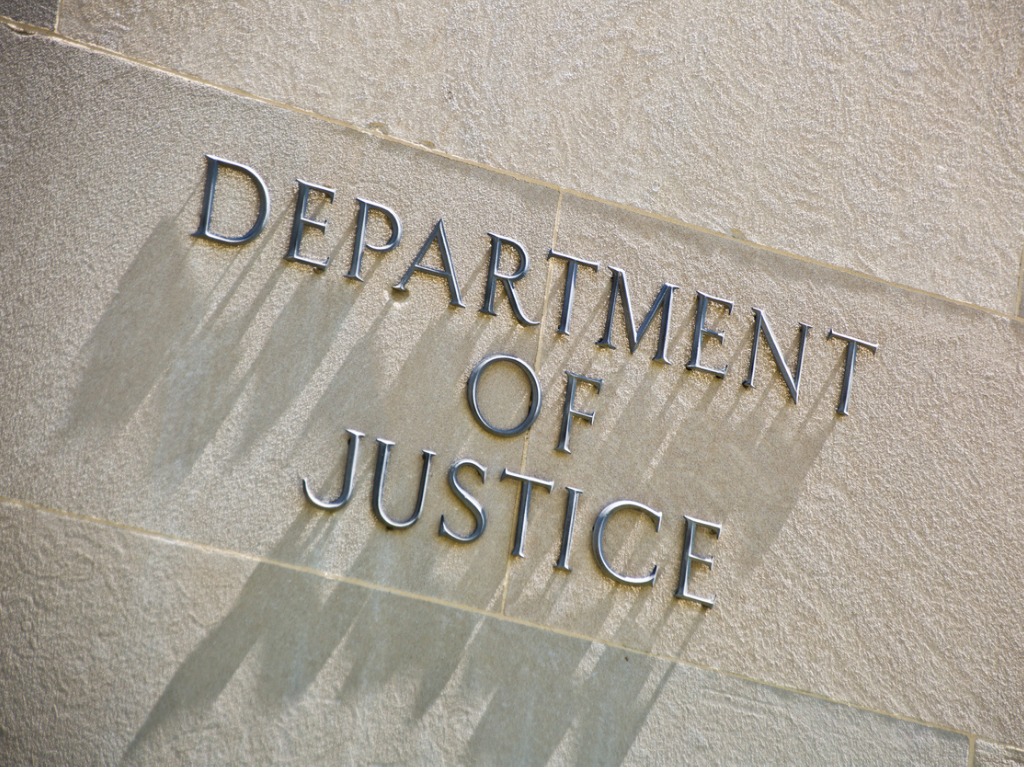In recent years, whistleblower advocates have criticized the U.S. Department of Justice (DOJ) for the way it handles whistleblowers, specifically those filing claims under the False Claims Act (FCA). According to a leading whistleblower attorney, the recently passed Anti-Money Laundering (AML) Whistleblower Improvement Act could be a game-changer for how the DOJ handles whistleblower claims.
Stephen M. Kohn of Kohn, Kohn & Colapinto recently appeared on the Federal Drive with Tom Temin to discuss recent developments in the whistleblowing field. They spoke about the passage of the AML Whistleblower Improvement Act and the DOJ’s handling of whistleblower cases.
“The problem with all whistleblower laws is sometimes the institutional resistance of bureaucracies,” Kohn said. “So the U.S. Department of Justice, in my view, is schizophrenic. We deal with DOJ, prosecutors and investigators who are fantastic. The honor confidentiality, they’re dedicated. They do a brilliant job. Well, there are others in the department that are clearly hostile to whistleblowers. And really, I mean, it’s just bad news, we’ll put it that way.”
Kohn previously referred to the DOJ’s statistics on False Claims Act whistleblower cases for the 2022 fiscal year as a “disgrace.” In FY 2022 the DOJ recovered only $776 million in FCA whistleblower cases in which it intervened, the lowest total since 2004. In contrast, FCA whistleblower cases where the DOJ did not intervene resulted in a record $1.1 billion in recoveries.
Kohn is hopeful, however, that the AML Whistleblower Improvement Act will change the way the DOJ handles whistleblower cases. The law, which passed in December 2022, establishes an effective whistleblower award program for whistleblowers reporting money laundering and sanctions violations. As Kohn explains, the law requires the DOJ to set-up confidential reporting channels for whistleblowers.
“The good part about this money laundering bill, and I hope it’s a game changer,” said Kohn. “I hope it is implemented properly, because although the Dodd-Frank Act permits anonymous and confidential whistleblowing to the Security and Exchange Commission (SEC) and to the Commodity Futures Trading Commission (CFTC), up until the AML law, the Justice Department was not required to accept confidential and anonymous whistleblowing information in any of the reward laws, including false claims that they administer.”
“Because they weren’t required to have a whistleblower office to accept anonymous complaints, there was no real coherency within the Justice Department, how they dealt with whistleblowers,” said Kohn. “This law requires justice to accept anonymous complaints. Therefore, justice must implement rules to accept anonymous complaints, which means training of the officials of the Justice Department who will be interacting with these anonymous and confidential whistleblowers. Within the SEC, we saw that this level of legal requirement had a fantastic positive impact. It really forced that agency to have an effective whistleblower program. The same needs to happen with the Justice Department.”
During the rest of their conversation Kohn and Temin discussed the AML Whistleblower Improvement Act in detail and how it could be a game-changer for the United States’ efforts to fight Russian corruption. They also mention Kohn’s forthcoming book Rules for Whistleblowers.
Further Reading:
Lots of new developments on the whistleblower front | Federal News Network
